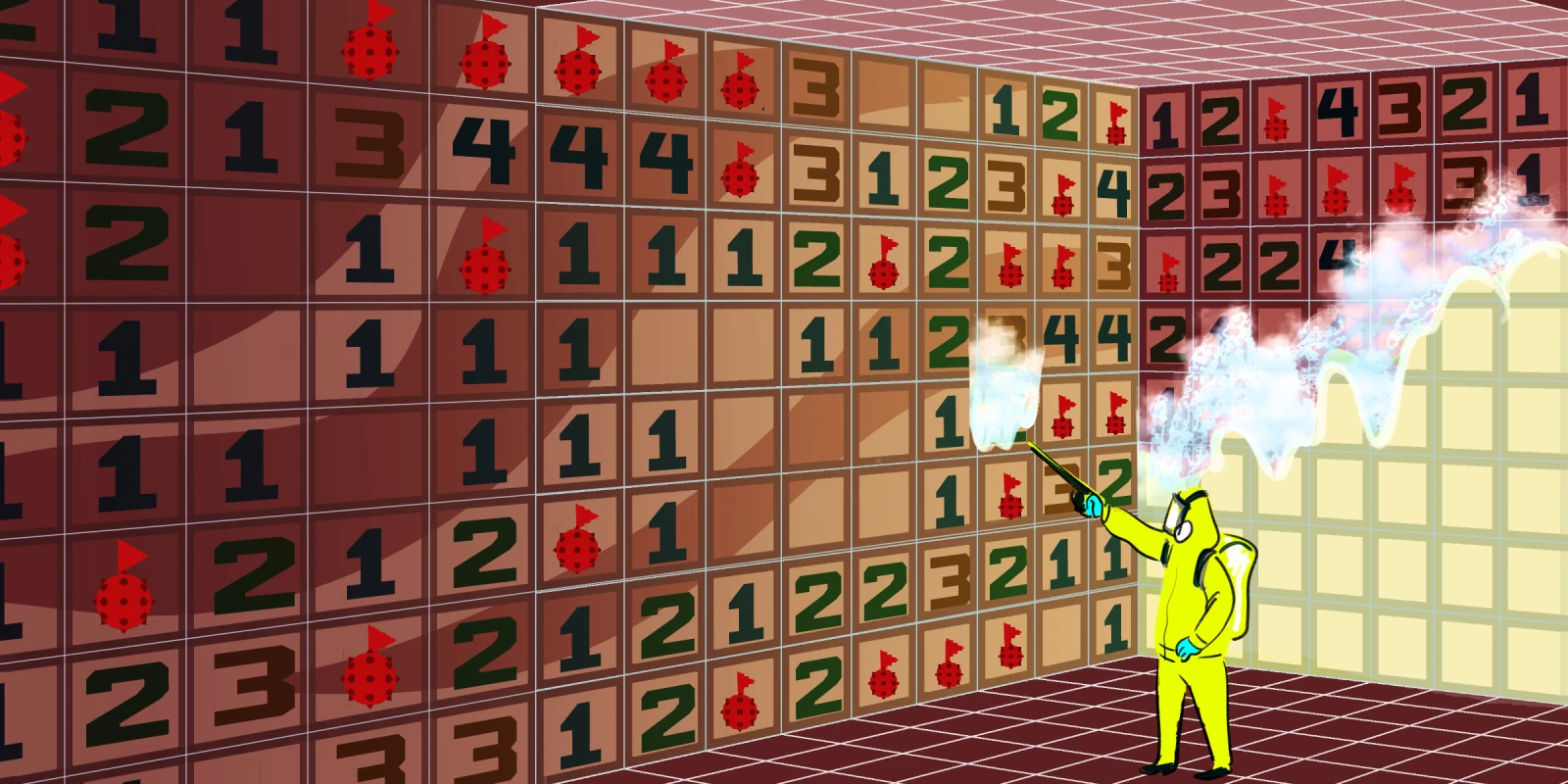As we turn the page into a new year, a sense of renewal and opportunity usually pervades the air, but for me, the turning of the calendar page stirs a deep concern. It's a concern rooted not in the immediate, but in the broader strokes of our public health preparedness in the U.S. The COVID-19 pandemic was an unprecedented test of our health care system's resilience, and as we move forward, I fear that instead of learning from our shortcomings, we are inadvertently solidifying a state of unpreparedness.
In EM, we are trained to learn from every failure, every misstep. Our careers are built on the premise of rapid adaptation, integrating lessons from each emergency to improve our response to the next. This philosophy, however, seems conspicuously absent in the larger frame of our public health system post-COVID-19.
The pandemic exposed critical weaknesses in our health care infrastructure. From supply chain disruptions that led to a dire shortage of essential medical supplies, to an overwhelmed and understaffed workforce, the challenges were significant. Hospitals and EDs across the nation were pushed to their limits, revealing that our system is not fully equipped to handle a crisis of such magnitude.
What concerns me most is not just that these issues existed, but that there seems to be a collective amnesia about them. I witnessed firsthand the toll this pandemic took on patients, my fellow health care workers, and the system at large. Yet, as we move further away from the height of the crisis, any urgency to address these issues appears to be waning.
One of the core lessons in EM is the importance of preparedness. We run drills, we simulate scenarios, all in the name of being ready for the unexpected. As a nation, we seem to be neglecting this fundamental principle. Our investment in public health infrastructure has been lackluster and continues to be so. The strategic national stockpile, critical in times of crisis, needs not just replenishment but a reevaluation of its contents based on the lessons we should have learned from the pandemic.
Moreover, the pandemic underscored the importance of a well-coordinated, cohesive national response. Our response was anything but unified. Fragmented policies and changing guidance from state to state created confusion and inefficiencies. In medicine, we often rely on protocols and guidelines to ensure a standardized baseline approach to care. This same principle should apply to our public health response — a unified, evidence-based approach is paramount.
Another stark revelation has been the inequity in health care access and outcomes. COVID-19 disproportionately affected communities with lower socioeconomic status. In EM, we treat everyone who comes through our doors, but the pandemic showed that access to those doors is not equal for all. Addressing these disparities should be a priority, yet progress in this area seems slow and disjointed.
Furthermore, burnout and PTSD are real and ongoing issues, yet the support systems for health care workers are still lacking. We cannot expect to face another crisis effectively if the well-being of those on the front lines is not adequately addressed.
In my training, when we faced a failure, we conducted thorough debriefs, analyzing what went wrong and how we might prevent it in the future. This process seems to be missing on a national scale post-COVID-19. There are glimmers of hope though — some initiatives to enhance the strategic national stockpile, for instance, are in progress, alongside investments in health care infrastructure aimed at increasing hospital capacities and ensuring a more robust supply chain. Efforts to standardize emergency protocols across states are gaining some traction, and could foster a more unified national response. Additionally, there's a growing acknowledgment of the aforementioned health care disparities, leading to targeted programs aimed at improving access and outcomes in underserved communities. However, the scalability of these efforts remains a critical question. To truly repair (and transform) our public health system, these initiatives must not only be sustained but also expanded upon. They require ongoing commitment and resources at both federal and state levels. Only through a concerted, continuous effort that builds upon these initial steps can we hope to create a health care system resilient enough to withstand future crises. The journey to a more prepared and equitable health care system is long, but with each step forward, we honor the lessons of the past and forge a stronger foundation for the future.
As we delve deeper into this new year, my hope is that we, as a nation, can embrace the ethos of learning from failure that was so fundamental to how we were trained as physicians. The COVID-19 pandemic should be remembered as a wake-up call, a catalyst for fundamental changes in our approach to public health and national preparedness. My fear, however, is that we are potentially letting this opportunity slip away, losing the opportunity for learning and real progress amid the political tumult of the day, and entrenching ourselves deeper into a state of unpreparedness. If we continue down this path of missed opportunity, we are failing to honor the lessons, the losses, and the hard-fought experiences of those who faced this crisis head-on.
Dr. Amit Phull is emergency medicine faculty at Northwestern and Chief Physician Experience Officer at Doximity.
Illustration by April Brust







